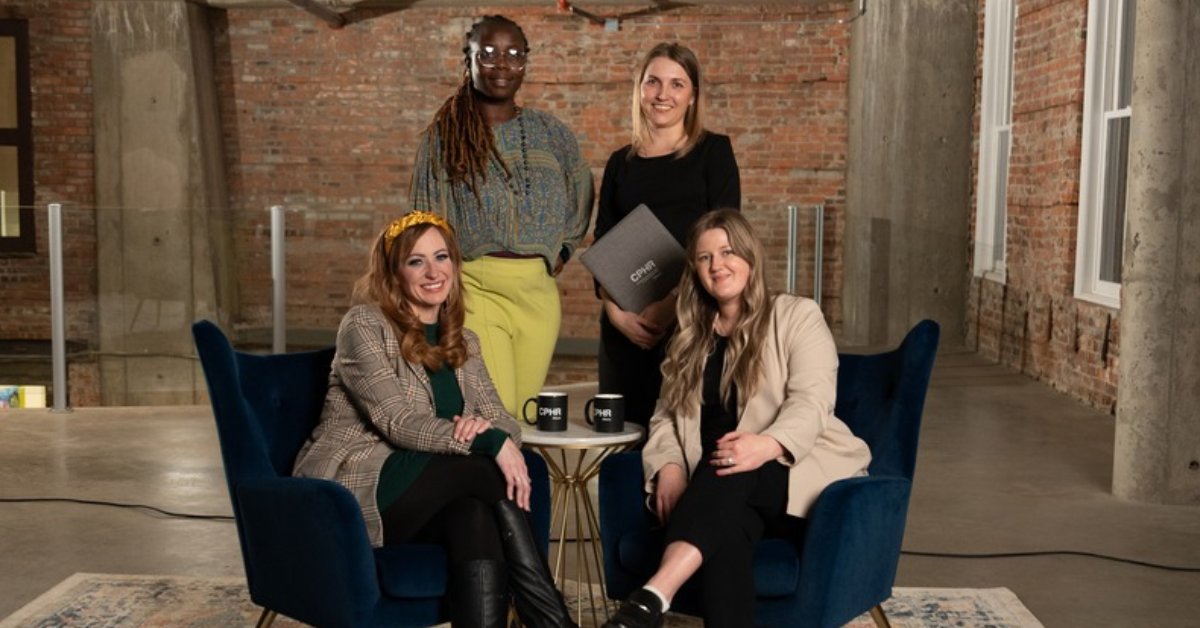
Getting Lost in the Momentum of Mentorship
Tips for Building Authentic Connections and Meaningful Relationships Through Community
Did you know?
January 17, 2025 is International Mentoring Day!
In celebration of International Mentoring Day, let's head the words of John F. Kennedy,
"We must find the time to stop and thank those the people who make a difference in our lives."
On this momentous day, we implore you to take time to connect with someone who has made a significant difference in your life, whether that is a Mentor, Peer, or Protégé. It is through the practice of gratitude we nurture lasting relationships with those who take time to build community.
One of the gifts of “Mentorship” includes the opportunity to empower others and to be a part of someone’s career journey. Being part of a Mentorship relationship, supports and benefits all involved while creating shared learning experiences.
Having a Mentor, Peer, or Protégé supports building community which is critical to support professional development where individuals feel they can connect and share without judgement and in confidence their struggles, discuss approaches, considerations, and options, to develop a strategy to move forward.
It is through the identification of goals, that we can openly explore the possibilities of pathways to be taken to help move closer to goal achievement. Each step forward is evidence of incremental progress and with gentle nudges can sustain momentum. Mentoring relationships, support accountability through discussion and agreement to initial goal identification, actionable steps to achieve goals, monitoring of goal progress, and the celebration of goal achievement.
For this to occur, a foundation of trust and a belief that the intention behind received feedback is based on a desire to support someone in achieving a goal, such as enhancing a skill, or ability to deliver difficult feedback, as an example.
Based on personal experience and learnings, it is recommended as you build the foundation of your Mentorship Relationship, to take time to establish:
Shared Commitment to Purpose:
- Commitment to open and transparent dialogue without judgement.
- Commitment to psychological safety to be able to express needs and clarify expectations, and personal and professional boundaries.
- Understanding of goals, expectations, communication needs and preferences, how to address differences
- Willingness to empathetically and actively listen through the lens of curiosity.
Shared Experience, Learning, and Sponsorship Considerations:
- Review and Feedback of Resume and/or Mock Interview Practice
- Discussion of academic courses, role-plays, resume review, mock-interviews.
- Attending CPHR Alberta and other events together and post-session debrief about learnings.
- Participation in LinkedIN Learning, Coursera, or other course(s) to support shared skill development.
- Listening to podcasts, reading blogs/book with shared learning discussions.
- Supporting introductions and connections for special projects or volunteer opportunities.
The strongest relationships measure their progress to goal achievement, celebrate progress, and ‘make it safe’ to be vulnerable to readjust goals and priorities while being open about limitations and mistakes.
This includes exploring the difference behind being kind versus being nice. As highlighted by Whitener’s Council post: Why you should learn to differentiate between nice and kind, Being nice is nearly always superficial, perfunctory or, viewed most cynically, manipulative, while being kind is authentic, meaningful and empowering.
Prior to delivering feedback, press “pause” and reflect on verbal and non verbal communication including: choice of language, tone, inflection, and body language and setting.
Mentors play a significant role in supporting others in the development of confidence in one's abilities and professional judgement. This can be done through the challenging of perspectives to create opportunities for different lenses to be represented. This allows individuals to draw their own conclusion on a topic through an openness to ‘learn and unlearn’.
The “Gifts of Mentorship” align with a commitment to life-long learning, and spark motivation to consider, “What is my/our next opportunity for growth? Mentoring Relationships enrich our personal lives through intentionality and empathetic listening, this supports connection and empowerment.
Today, we express gratitude for those who have listened, supported, and built community through the connection of Mentorship.
Happy Mentoring!
Author: Amanda Van Haaften, CTMP, CPHR, SHRM-SCP, IPMA-ACP, MER, B.Com
The views and opinions expressed in this blog post belong solely to the original author(s) and do not necessarily represent the views and opinions of CPHR Alberta.
The views and opinions expressed in this blog post belong solely to the original author(s) and do not necessarily represent the views and opinions of CPHR Alberta.





